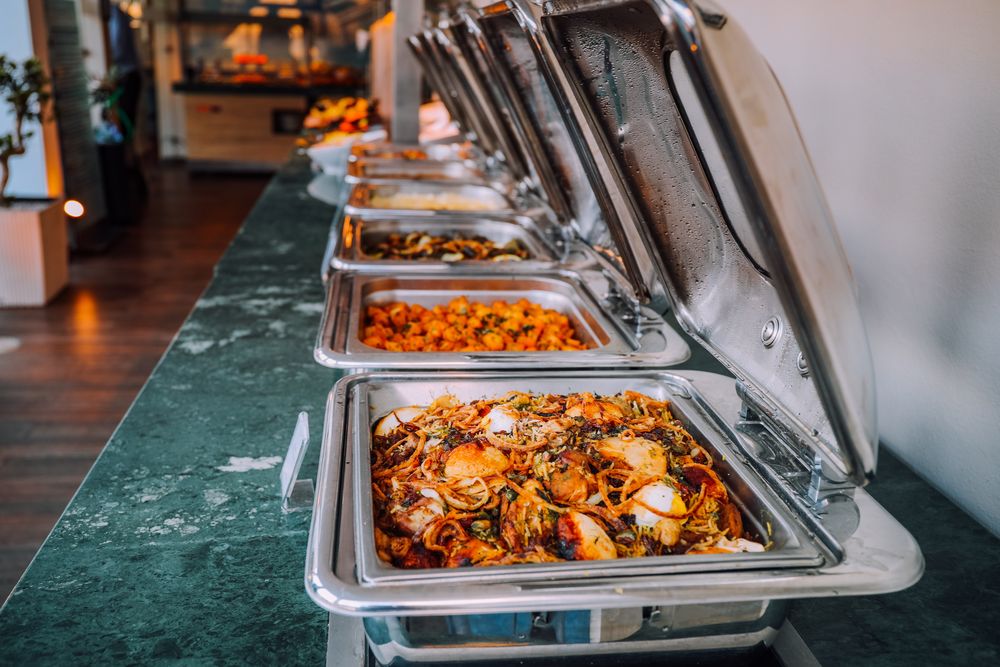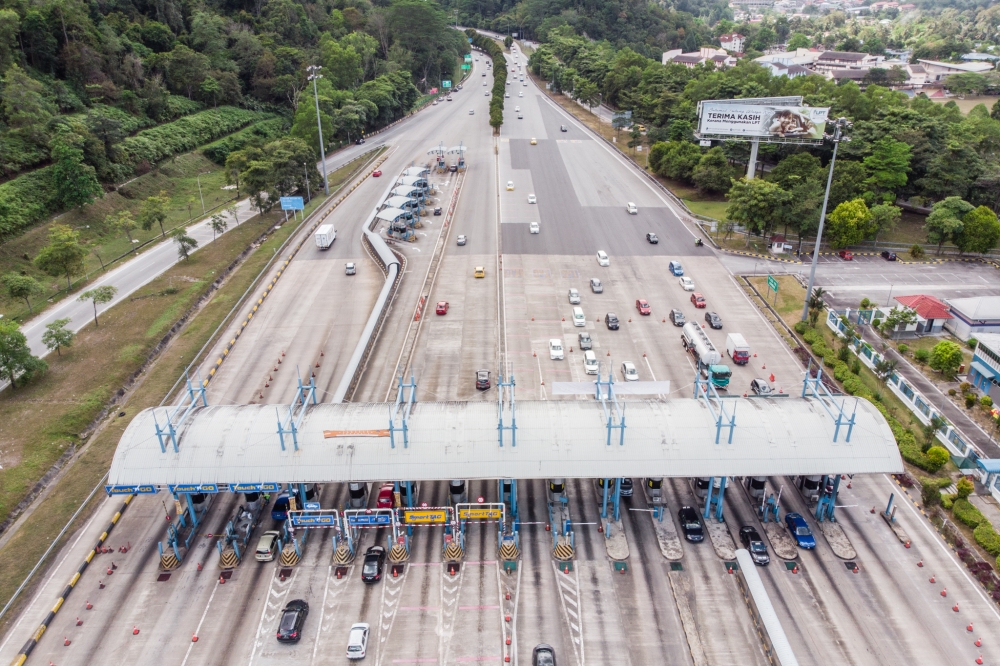KUALA LUMPUR, May 29 — Buffets are a mainstay during festive seasons like Ramadan.
But, to maintain the freshness and prevent food from running out, dishes on the buffet spread are constantly filled long before they are empty.
As a result, lots of uneaten food will be thrown into the bin every day.
Recent statistics by the Solid Waste and Public Cleansing Management Corporation (SWCorp) showed that about 4,005 tonnes of food are thrown away in landfills every day during Ramadan, and the numbers are expected to rise by 15 to 20 per cent every festive season.
Commenting on the matter, Malaysian Association of Hotels (MAH) chief executive officer Yap Lip Seng said hoteliers don’t see food waste as a Ramadan month problem, but rather an industry wide concern.
“Increased waste statistics during the fasting month is driven by tendency of people dining out, however, hotels had long adopted measures to reduce food waste systematically and consciously,” he added.
When it comes to hotels, Yap said the buffet service is often seen as culprit, assuming that balance food on the buffet line is thrown away at the end of the day.
“Hotels nowadays count these as monetary losses, therefore, various measures have been taken to manage them,” he added.
Yap also highlighted that consumer behaviour accounts for one of the major portion of food waste that cannot be rescued.
“What is left on the table and plate unconsumed is eventually disposed,” he added.
To help keep the food wastage low, Yap said buffet services have adopted a more interactive method with food counters serving food-to-order as and when requested at reduced portion.
“Ingredients at these counters are only cooked when ordered, hence, the serving potentially produces no waste in the process,” he added.
“For the traditional buffet line, there are options to salvage what’s left, depending on the situation, while strictly adhering to food safety standards – from saving it for employee consumption to donating to local soup kitchens – hotels first need to ensure the leftover food are safe for consumption.”
Yap also noted that various hotels were now working closely with Food Aid Foundation (FAF) by donating unserved food to be re-engineered and served to the underprivileged community.
“Being a supporting organisation to FAF, MAH had been consistently organising fund raising activities with member hotels to assist the foundation in its operations of salvaging food for the needy,” he added.






















